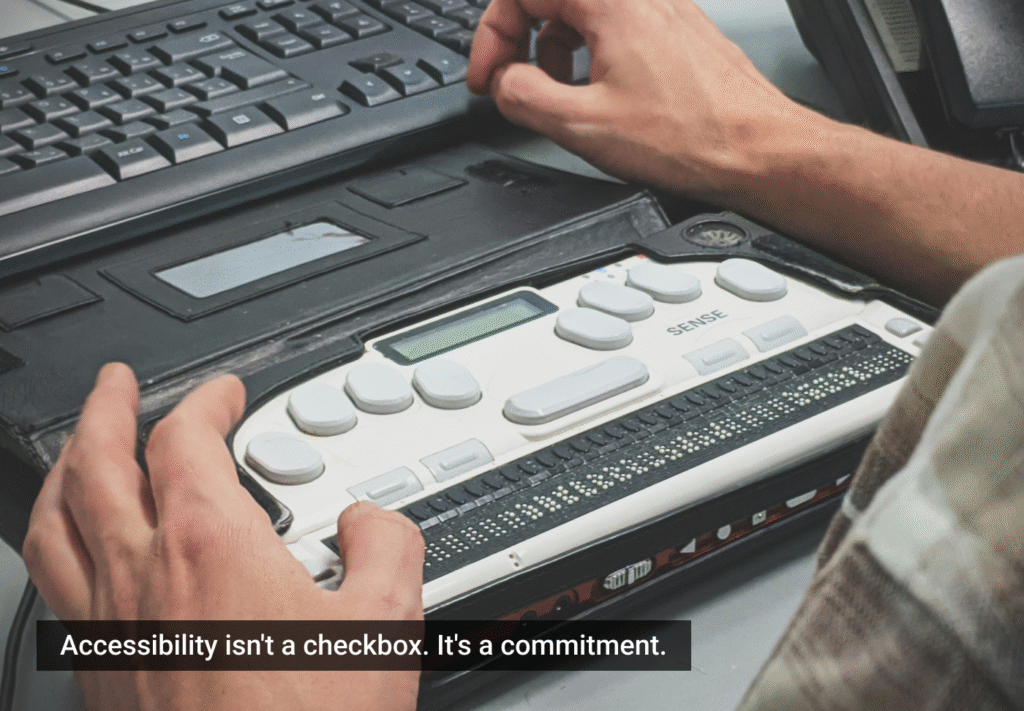New technologies begin by imitating older technologies before evolving to their true forms. For example, early automobiles looked like horseless carriages, and early television shows imitated radio programming before finding their own forms. Online experiences have followed this pattern—getting their start by imitating the printed page. Although many of today’s online experiences have evolved to include more function and interactivity, the “Web page” still dominates our thinking. So the question still remains: what new form will the Web take as it continues to evolve over the next five years?
Three types of trends are driving online experiences into their next phase: capabilities, consumers and competition.
Capabilities: Changing Technology Platforms
Today’s default platform—a browser running on a PC—is quickly moving toward a host of highly diverse environments. The types of devices connected to the Web are rapidly growing beyond PCs, laptops, and smartphones to include new types of devices like iPads, Ambient Umbrellas, and Chumbys, in addition to traditional devices like TVs.
Additionally, handheld devices like the iPhone or Droid make complex online interactions possible anytime, anywhere—fueling customer expectations of rich experiences on demand and shrinking the tradeoff we used to have to make between mobility and capability.
Consumers: Evolving Online Behavior
New technologies attract broad interest, confirming there is a market for capability advances. Recent Forrester data confirms this point: 45% of U.S. online consumers are interested in touch screen PCs[*], 69% prefer rich interactions and 34% expressed interest in netbooks.
Even with the broader marketplace reception, it is Gen Y that truly signals a more aggressive wave of change. 61% read updates from friends when visiting social networking sites and 55% would like to access the Internet on a TV.
Competition: Millions of New Entrants
There’s been a flood of information providers crowding the Internet with information targeted at increasingly wired consumers. In the last three years, the number of active sites has almost doubled with literally tens of millions of additional sites dividing consumer attention. This means incumbent firms will have to be more concerned about challenges beyond their traditional competitive set as technology capabilities like cloud computing help startups like Mint.com put great ideas into action without major infrastructure investments.
What are the implications of these trends? Forrester has identified four attributes that will define the future of the online customer experience—a framework Forrester has termed CARS. From the end user’s perspective, online experiences will be:
- Customized by the end user. Consumers will not only control what they get online, they’ll control the form that they get it in to a much greater degree than they do today.
- Aggregated at the point of use. Content, function and data will be pulled from different sources and combined at a common destination to create a unique experience.
- Relevant to the moment. This customized, aggregated content will appear on the device that’s best suited to the customer’s context at a given point in time.
- Social as a rule, not an exception. Social content will be integrated into most online experiences, not segregated into today’s blogs, micro-blogs and wikis.
Nationwide Insurance iPhone apps: customized, aggregated, and relevant. Nationwide’s mobile apps for the iPhone are available to anyone, Nationwide customer or not. The Accident Toolkit app guides the user through the post-accident process, aggregating location-based information on repair shops and Nationwide agents, as well storing data such as photos to integrate into an accident report template. Their new Cartopia app helps users shop for cars by aggregating information on invoice prices and trade-in values, as well as the locations of Nationwide insurance agents. The app provides a customized experience, with the ability to rank and compare vehicles based on the details most important to the user.
Avis: customized, aggregated, and relevant. Avis ads which can appear on any third-party site allow users to search for a car and make a reservation without ever visiting the Avis website. This ad placement creates relevance around the customer’s Web browsing experience. Additionally, the Avis iPhone reservation app is customized for the end user’s needs, accessing past preferences and reservations, in addition to aggregating pricing, location and car availability information as an added convenience.
Firms with poor online experiences today will only fall further behind without significant changes as the gap between great and poor online experiences becomes even more dramatic. The developments in online technology capabilities and consumer behaviors mean that there are many ways for firms to evolve their online experience. To develop their firm’s CARS experience, customer experience professionals must start by gaining consensus on the most important business objectives, brand attributes, and customer behaviors for their customers’ online experience.
Moira Dorsey will be talking about building the online experience of the future at the Forrester Research Customer Experience Forum in New York, June 29-30.
[*] June 23, 2010 12:30 ET This is a correction from a previous published version of this article that read “45% of U.S. online consumers are interested in touch screen TVs.” We apologize for the error.







